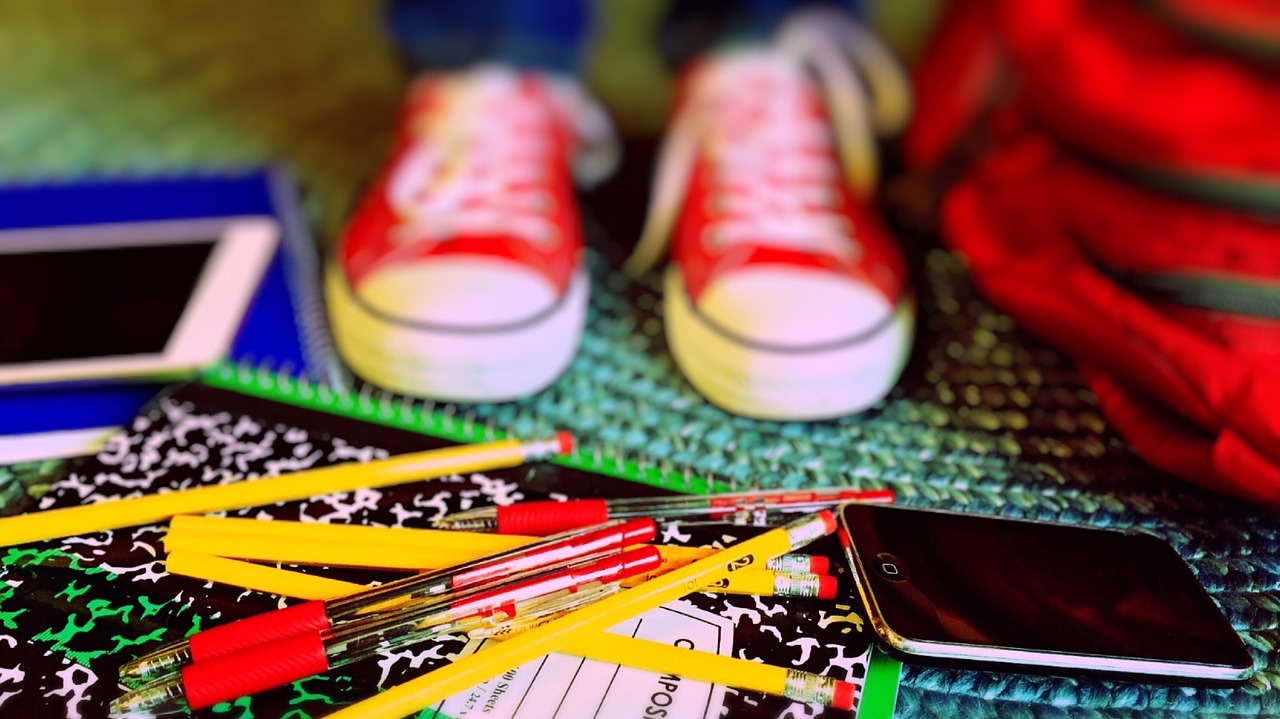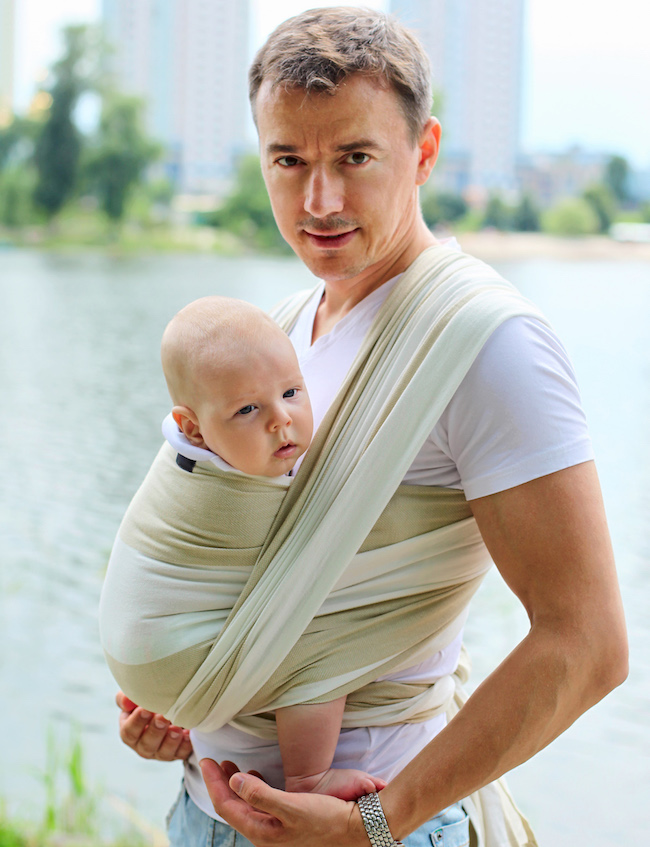How wonderful it feels when the school teacher or day care provider compliments our child’s behaviour, or comments on something particularly amazing or thoughtful they witnessed that day. Then before you’ve even returned home there’s been a scuffle in the car between siblings or a crying, yelling meltdown about shoes or snacks or the seatbelt OR you’ve received the silent treatment OR been called something rude.
We’ve probably all heard the phrase ‘angel in public, devil at home’ but why do our kids seem to save their worst behaviour for their primary carers?
Whether your child runs to greet you after kindy or school, or after a play date, or they ignore you, OR they burst into tears – all of these reactions can be different demonstrations of the same thing… they missed you. They also may have a lot on their minds after a day without you, and are finding it a bit difficult to process now you’ve returned (and started asking them endless questions about their day…).
Here are some reasons why our children’s Jekyll and Hyde routine can be a GOOD thing:
- Outpouring of emotion is healthy – Being in a foreign environment like a new classroom or even a friend’s home can be stressful for any child (even if they’re enjoying themselves). When children ‘behave’ and follow the rules under these circumstances, they may not appear stressed or overwhelmed but under the surface they are dealing with a lot of new feelings and/or figuring out how things work in this different place. They may have kept their reactions and emotional state in check all day and upon seeing you, they may collapse into a heap (“I’ve had a tough day”) or get really wound up (“It’s been a great day and I want to share it all with you”). Remember, little bodies are still grasping how to appropriately process big emotions. Give them some space and grace to express themselves – and lead by patient example – in order that they may learn.
- You are their safe place – although it’s hard to keep your cool when a little one seems to be out of control and defiant (‘pushing your buttons’), try to see it as a back-handed compliment. When our children go off at us (or around us… yes, this happens at the shops…) they feel safe to do so. Due to a secure bond they understand we will protect them, we love them unconditionally and they believe their upsetting behaviour will not ultimately lead to abandonment. In fact, allowing ourselves to be the safe place to fall is strengthening the trust relationship with our kids. They learn over and over again we will be there for them, and isn’t this a great parenting goal, to have grown up kids who seek our advice and friendship because they know we can be trusted?
- They are growing confidence – as we take time to hear WHAT our kids are saying (and HOW they are communicating) after a period of separation, we are validating our children’s feelings. Actively listening to our young ones as they communicate how they are feeling can help them process what might be upsetting them, and simply being heard can go a long way towards children calming down. What’s that other saying, ‘a problem shared is a problem halved’? I know I feel better when I share issues with my friends. When we can create some space for sharing – yes even during the LOUD car trip on the way home, or better yet with some quiet(er) time before bed – kids can feel more connected and ready to face the world again. Everyone is recharged and ready to learn, play and socialize with their love tanks full – kids and parents included!
You may also like to read:
Connect with your kids with nature bonding activity
8 Minutes a Day – Quality Time
The secret how to raise confident children you probably don’t know
5 things to let go of in parenting that will save your sanity









